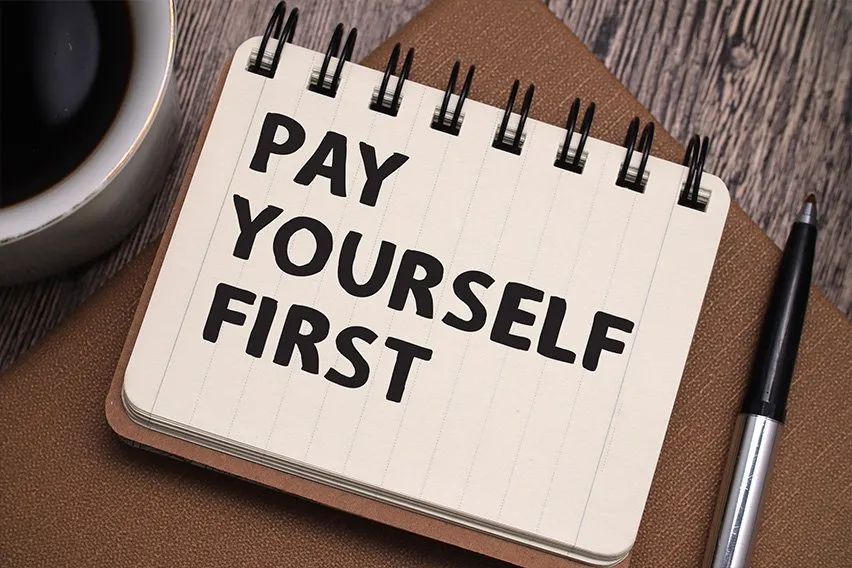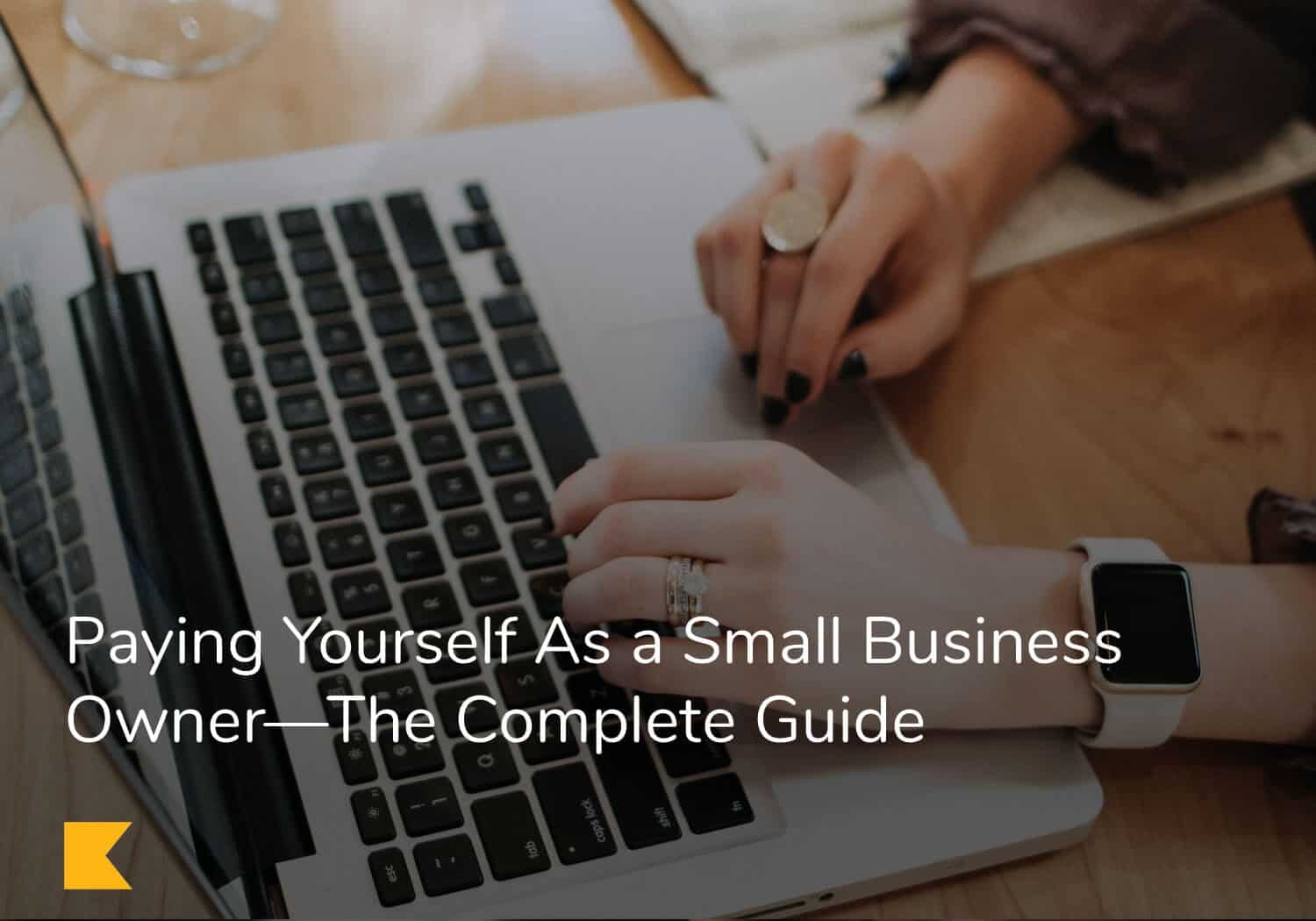How To Pay Yourself Small Business

For many entrepreneurs, the dream of owning a small business is intertwined with the promise of financial independence. However, navigating the complexities of paying yourself as a business owner can quickly transform that dream into a source of anxiety. The question of *how* to compensate oneself fairly, legally, and strategically is a critical one that demands careful consideration.
This article aims to demystify the process of paying yourself as a small business owner. It offers a comprehensive guide to understanding the various payment methods available, from salaries and owner's draws to guaranteed payments. It delves into the tax implications of each method and provides actionable strategies for setting a sustainable compensation plan that aligns with your business's financial health and personal financial goals.
Understanding Your Business Structure
The first step is understanding your business structure. The legal structure of your business — sole proprietorship, partnership, LLC, S-corp, or C-corp — significantly impacts how you can pay yourself and the associated tax obligations.
Sole proprietorships and partnerships typically use owner's draws. LLCs can choose to be taxed as a sole proprietorship, partnership, or corporation, influencing their payment options. Corporations, on the other hand, offer salaries and, potentially, dividends.
Owner's Draw: Simplicity and Flexibility
For sole proprietorships and partnerships, an owner's draw is the most common method. This involves taking money out of the business for personal use.
The draw isn't considered a salary, meaning no payroll taxes (Social Security and Medicare) are withheld at the time of the withdrawal. However, you're still responsible for paying self-employment taxes on your share of the business's profits.
According to the IRS, self-employment tax is 15.3% (split between Social Security and Medicare) on the first $160,200 (for 2023) of net earnings. Additionally, you’ll also pay income tax on your profits.
Salaries: Payroll and Withholdings
If your business is structured as an S-corp or C-corp, you’re considered an employee of your own company. This means you’ll pay yourself a salary.
You must withhold payroll taxes (income tax, Social Security, and Medicare) from your salary and remit them to the IRS. The company also pays the employer portion of Social Security and Medicare taxes.
A key advantage of the S-corp structure is that you can potentially reduce your overall tax burden. You’re only subject to self-employment taxes on the salary you pay yourself, not on the total profits of the business, with the rest treated as distributions.
Guaranteed Payments: Partnership Compensation
Partnerships may use guaranteed payments to compensate partners for services rendered. These payments are similar to salaries and are deductible by the partnership.
Guaranteed payments are subject to self-employment tax, just like owner's draws. They are reported separately on Schedule K-1 of Form 1065.
Setting a Reasonable Salary
If you're paying yourself a salary, determining a "reasonable" amount is crucial, especially for S-corps. The IRS scrutinizes S-corp salaries to ensure they reflect the fair market value of the services provided.
A too-low salary could trigger an audit, as the IRS might view it as an attempt to avoid self-employment taxes. Factors to consider include your experience, the industry, the size of your company, and comparable salaries for similar positions.
Budgeting and Forecasting
Regardless of the payment method, careful budgeting and forecasting are essential. Track your business's income and expenses meticulously.
Create a cash flow projection to understand when you can afford to pay yourself and how much. Consider setting aside funds for taxes and other business obligations before taking any withdrawals or paying salaries.
Consulting with a qualified accountant or financial advisor is highly recommended. They can help you determine the most tax-efficient payment strategy for your specific business structure and financial situation.
Long-Term Financial Planning
Paying yourself is not just about covering immediate expenses; it's also about building long-term financial security. Consider setting up a retirement plan, such as a 401(k) or SEP IRA, to save for the future.
Regularly review your compensation plan and adjust it as your business grows and your personal financial needs evolve. Don’t be afraid to reinvest profits back into the business for growth rather than drawing it out as personal income.
Looking Ahead
The way small business owners compensate themselves is likely to evolve alongside changes in tax laws and economic conditions. Staying informed about these changes and adapting your strategies accordingly is crucial.
Embracing financial literacy and seeking professional guidance will empower you to make informed decisions about your compensation, ensuring both your business's long-term sustainability and your personal financial well-being. By prioritizing financial planning and seeking expert advice, entrepreneurs can transform their business ownership dream into a reality of both professional fulfillment and financial security.


















